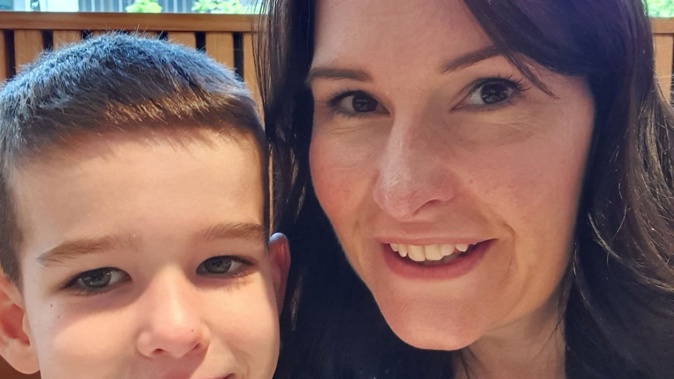
Patient groups have welcomed Pharmac’s proposal to fund a new drug for the blood cancer multiple myeloma, and hope a breakthrough for other medicines is close.
The government drug-buying agency today announced a proposal to fund pomalidomide (branded as Pomolide) for people with relapsed multiple myeloma, which would be the first new drug for the blood cancer funded in a decade.
Pharmac also wants to widen access to a currently funded drug, lenalidomide, by switching to a generic version (branded as Lenalidomide Viatris).
This would also begin from August 1 and benefit eligible myeloma patients, and people with myelodysplastic syndrome.
Overall, more than 800 patients would benefit, Pharmac said.
“Both treatments work to prevent the progression of disease and are taken as capsules in combination with other therapies,” says Pharmac’s chief medical officer, Dr David Hughes.
“We understand there are other treatments the multiple myeloma community would like to see funded, such as daratumumab and carfilzomib. These are medicines we, too, would like to fund and we continue to talk to the suppliers about these applications.”
Today’s proposal comes after Pharmac in August last year asked suppliers to submit proposals for the supply of pomalidomide and lenalidomide.
Leukaemia & Blood Cancer New Zealand chief executive Tim Edmonds said the proposal could bring the country a step closer to the established standard of care in other developed nations.
“It is important to recognise that there remains an urgent unmet need for myeloma patients, and we hope to see progress for the funding of other treatments like daratumumab and carfilzomib.”
Myeloma New Zealand trustee Nichola Oakenfull encouraged myeloma patients and their loved ones to submit to Pharmac on the proposal.
“We are delighted that pomalidomide could be funded and access could be widened to lenalidomide - having access to these medicines is desperately needed.
“While today’s announcement is exciting, we remain concerned about how long it takes to get medicines funded in New Zealand. The application for lenalidomide for first line treatment was submitted in April 2016 - the application for pomalidomide was submitted even earlier, in November 2015.”
Oakenfull said it was vital that Pharmac also fund daratumumab and carfilzomib.
“Patients are dying unnecessarily because they do not have access to treatments which are standard of care overseas and in private treatment in New Zealand.”
Myeloma, also known as multiple myeloma, is the second most diagnosed blood cancer in New Zealand, with about 450 new cases a year. Māori and Pasifika suffer higher rates.
Currently incurable, it can be kept below detectable levels (remission) for years by treatment and medicines.
Each combination of drugs eventually stops working and myeloma returns, more aggressively. When that happens, a patient switches to another option.
These lines of defence have strengthened and multiplied in the past decade. Newer medicines have greatly increased life expectancy from diagnosis, and more are being released and developed.
New Zealanders have been excluded from that revolution, however, because no new myeloma drugs have been funded since 2014.
The Pharmac proposal to fund pomalidomide would change that. Another drug highly-effective drug, daratumumab, has been identified as the most pressing need by hematologists, and is funded in most other developed countries.
A series of Herald articles this year have highlighted the lack of funded medications for multiple myeloma patients.
One retired GP is selling his family home to fund daratumumab. The family of another patient, Simon Clark, collects aluminium cans to sell as scrap to try to fundraise.
Pharmac says it’s talking to the suppliers of daratumumab and carfilzomib, including “to give them updates on the progress of amended commercial proposals”.
- NZ Herald
Take your Radio, Podcasts and Music with you









